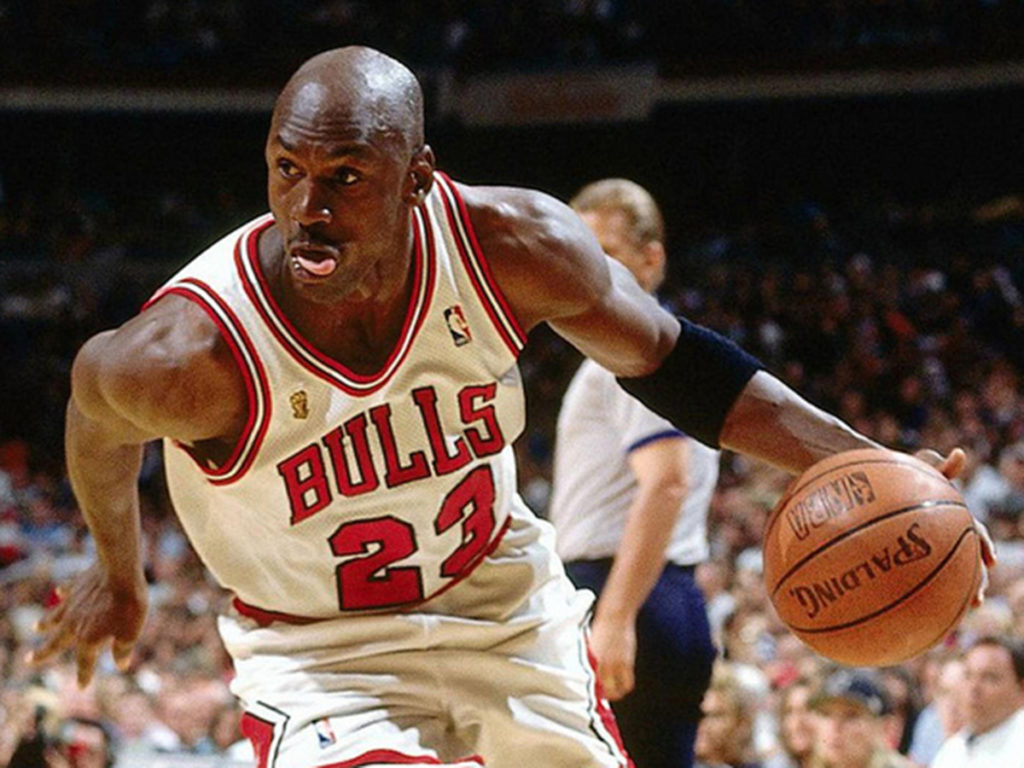
Courtesy of mccarmona23 via Flickr
With the ongoing COVID-19 pandemic, the sports world lives on with a noticeable void. Baseball would be in the beginning of its season, while the basketball season would be nearing its end with the start of the playoffs. Organizations have taken initiative to try and fill the hole left in the sports arena. From the Mexican Liga MX’s FIFA tournament to the NBA 2K player’s based tournament.
Most recently, ESPN has begun to roll out their long awaited 10-part documentary, “The Last Dance,” directed by Jason Hehir. The documentary focuses on Michael Jordan and the 90’s Chicago Bulls dynasty in their final season together in their 1997-98 title run.
First announced in May of 2018, the series went through a series of pushbacks before it was definitively slated to release in June of 2020. The impact of the coronavirus pandemic, along with fans asking for a quicker release, led ESPN to expedite the streaming process and premiere the series on April 19. Initially debuting two episodes, ESPN decided to roll out two new episodes each subsequent Sunday at 9 p.m. for the next four weeks.
The documentary provides a taste of ‘90s nostalgia balancing the athletic prowess and the grounded drama of the team that dominated an entire decade. Jordan serves as the primary key figure, leisurely talking in front of a camera of his experiences playing with the Bulls on their way to their sixth NBA title. Teammates Scottie Pippen and Dennis Rodman along with coach Phil Jackson also serve as protagonists.
Jumping back and forth in time, the first episode sets the stage for the season in question while detailing the conflict between the players and Bull’s general manager Jerry Krause that eventually led to the dismantling of the Bulls dynasty. The second episode hones in on Pippen and his rise from the shadows to becoming one of the NBA’s best players. It transitions into his tumultuous salary negotiation battle making his case for fair pay.
The overall perception of Michael Jordan and his leadership contribution to the team is newly touched upon in an ambivalent manner. Early on, his history of gambling and standoffish persona off the court is alluded to. While both are visible, they are for the most part unspoken of directly.
One of the merits of the show is found in its balance of old footage with contemporary commentary. Interviews will be included from figures outside of the basketball arena, including rapper Nas, singer Justin Timberlake and former president Barack Obama, a Chicago native. They will demonstrate Jordan’s celebrity status outside of the court and his relevance to this day. Not to say his role in facilitating a transition from the old era of basketball that saw Magic Johnson, Bill Walton and Larry Bird, to the age of modern basketball. The manner in which it could pay off is yet to be seen.
The documentary is aiming to place the audience as the sixth man on this team. Primarily driven by Michael Jordan and his competitive drive, the series begins to unpack its strains on the team within the first two episodes. Coupled with the commentary from teammates and coaching staff, the series should unfold to brilliantly capture the journey of a team fighting, sometimes together and sometimes alone, much more off of the court.







